Lebanon's biggest Christian political bloc rules out joining Hariri government
The leader of Lebanon’s largest Christian bloc, the Free Patriotic Movement (FPM), has ruled out joining a new government led by embattled Prime Minister-designate Saad al-Hariri.
Gebran Bassil, leader of the FPM and son-in-law of President Michel Aoun, said in a televised speech on Sunday that his movement would not join the cabinet as long as Hariri insisted on choosing all the ministers.
“We don't entrust Hariri alone with reform in Lebanon,” Bassil said. “In short we don't want to take part in this government.”
Politicians have been at loggerheads over the shape of a new administration since the last one quit in the aftermath of the August 4 Beirut port explosion.
Hariri was named premier for a fourth time in October, promising to form a cabinet of specialists to enact sweeping reforms in the country, which is grappling with its worst economic crisis in decades.
Bassil, however, said Hariri did not appear to be serious about forming a government.
“Every time he meets the president, he takes a different line-up with him,” Bassil said of Hariri. “Someone who does that is serious and wants to form a government? Or is wasting time?” he asked.
Efforts to form a new government in Lebanon have hit an impasse over the past few months.
The resistance movement of Hezbollah and its parliamentary bloc has denounced the United States and some other western countries over blocking efforts to establish a new government in the Arab country.
Bassil was placed under sanctions in November by the administration of outgoing US President Donald Trump.
The leader of the FPM has denounced the sanctions, saying the “unjust” and “politically motivated” action stems from his refusal to sever ties with Hezbollah.
The FPM has a political alliance with Hezbollah, which, in Bassil’s words, has been a pillar of Lebanon’s national unity and stability.
Hezbollah has said that sanctions on Bassil amount to a flagrant intervention in the domestic affairs of Lebanon.
President Aoun has already warned that Lebanon's new prime minister would have to work towards reforms and fighting corruption.
Lebanon is grappling with its worst economic crisis in decades and still reeling from the colossal port explosion that claimed the lives of 203 people and ravaged large parts of Beirut in early August.
VIDEO | Iran eases the rules for exporting hand-woven carpets
VIDEO | Intl. Day for the Elimination of Violence against Women: A stark reminder of Gaza women
Australia denies ex-Israeli minister Shaked visa
VIDEO | 85% of Yemeni displaced people face daily hunger crisis
US House passes bill targeting charities and pro-Palestine groups
VIDEO | Supporting Gaza genocide
Hezbollah attacks Israeli forces after Lebanese homes blown up
World leaders, states hail ICC arrest warrants for Netanyahu, Gallant


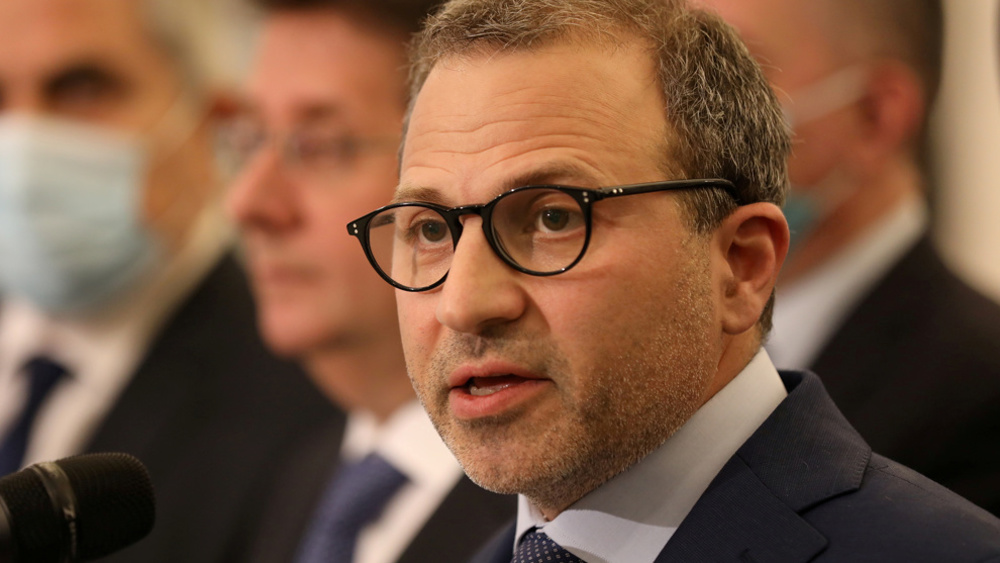


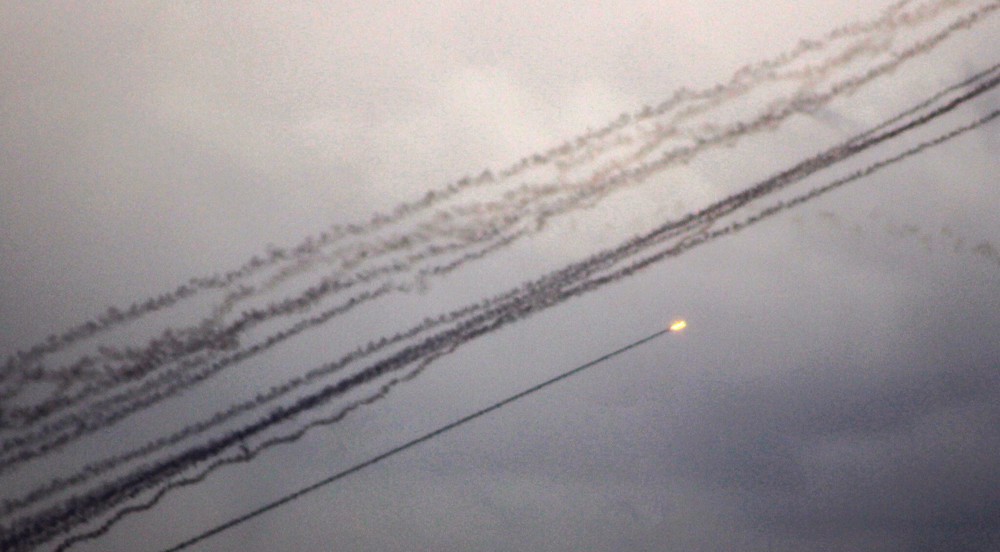
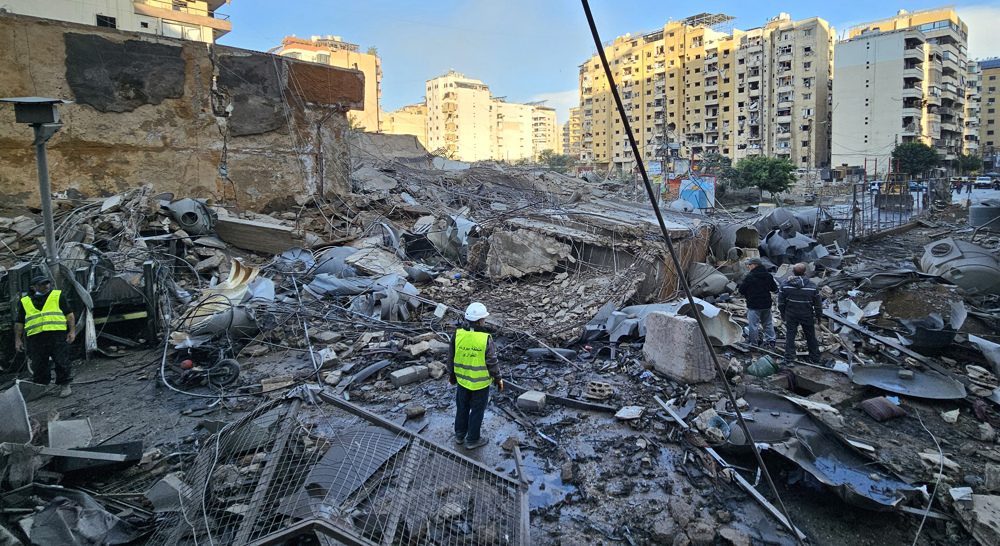




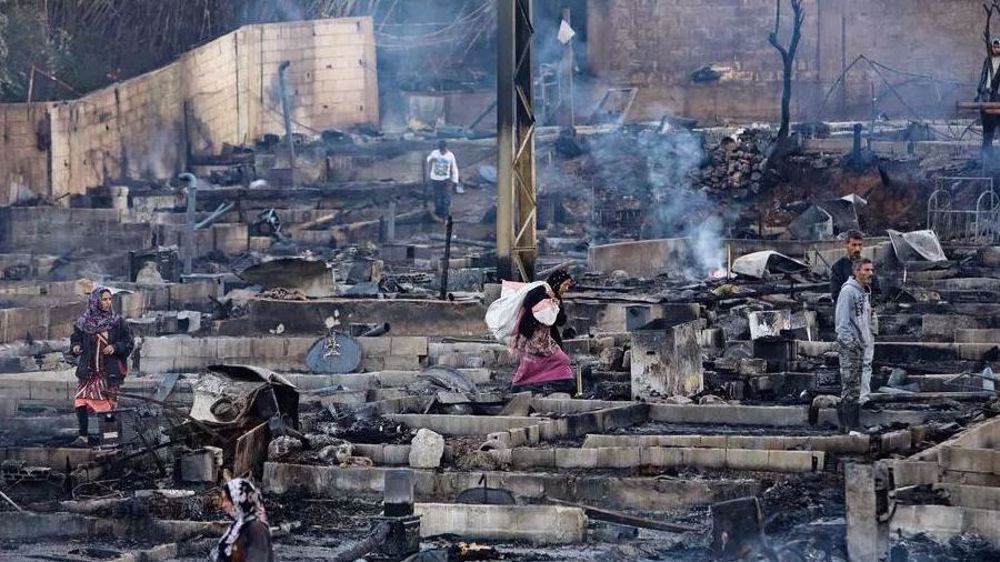
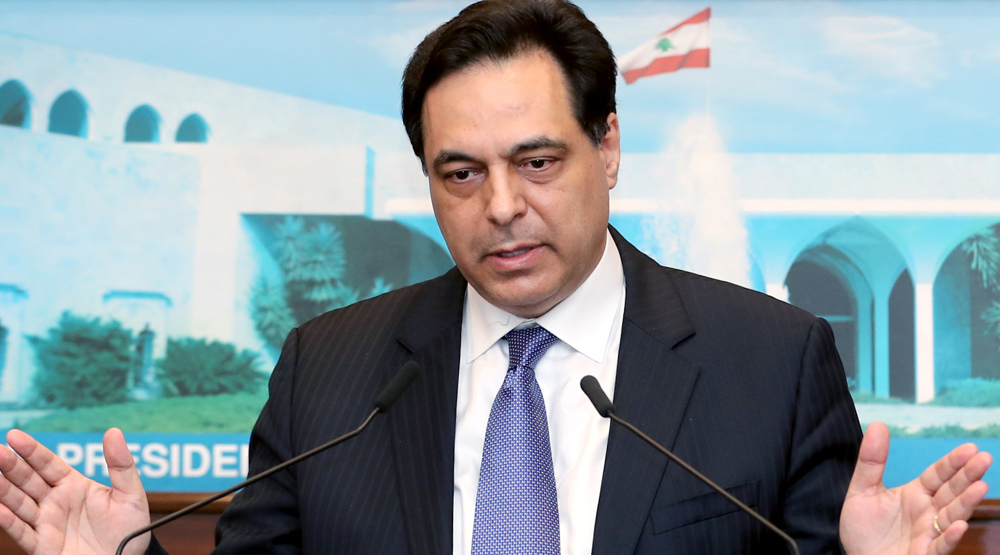
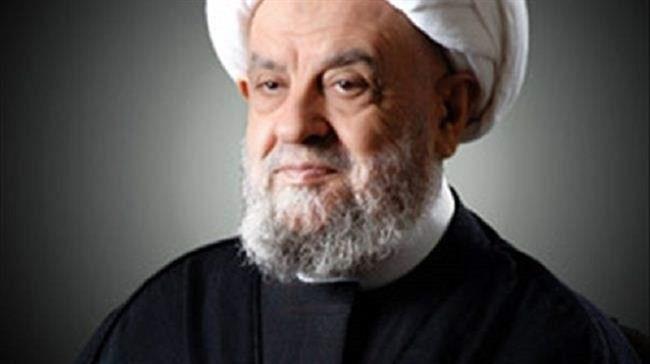
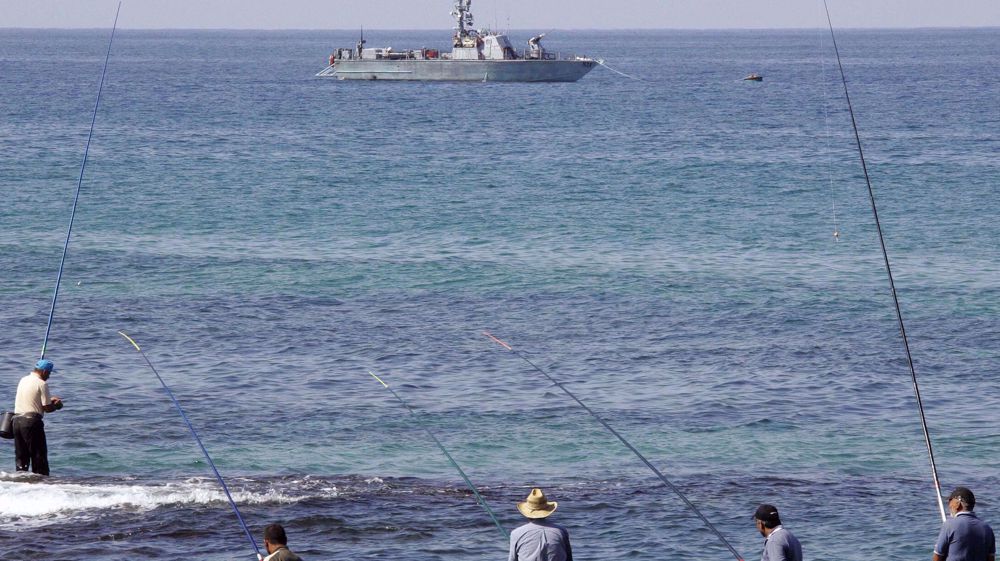
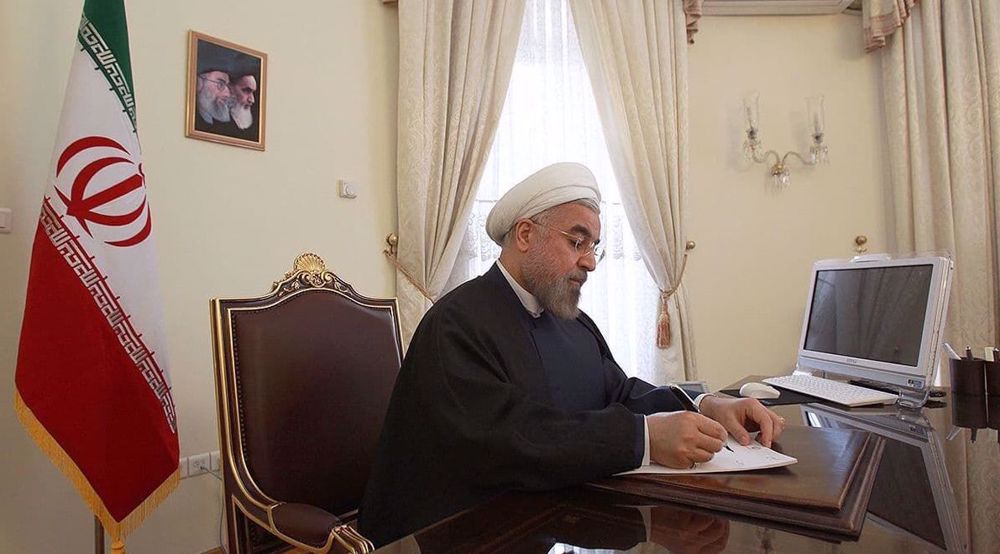

 This makes it easy to access the Press TV website
This makes it easy to access the Press TV website